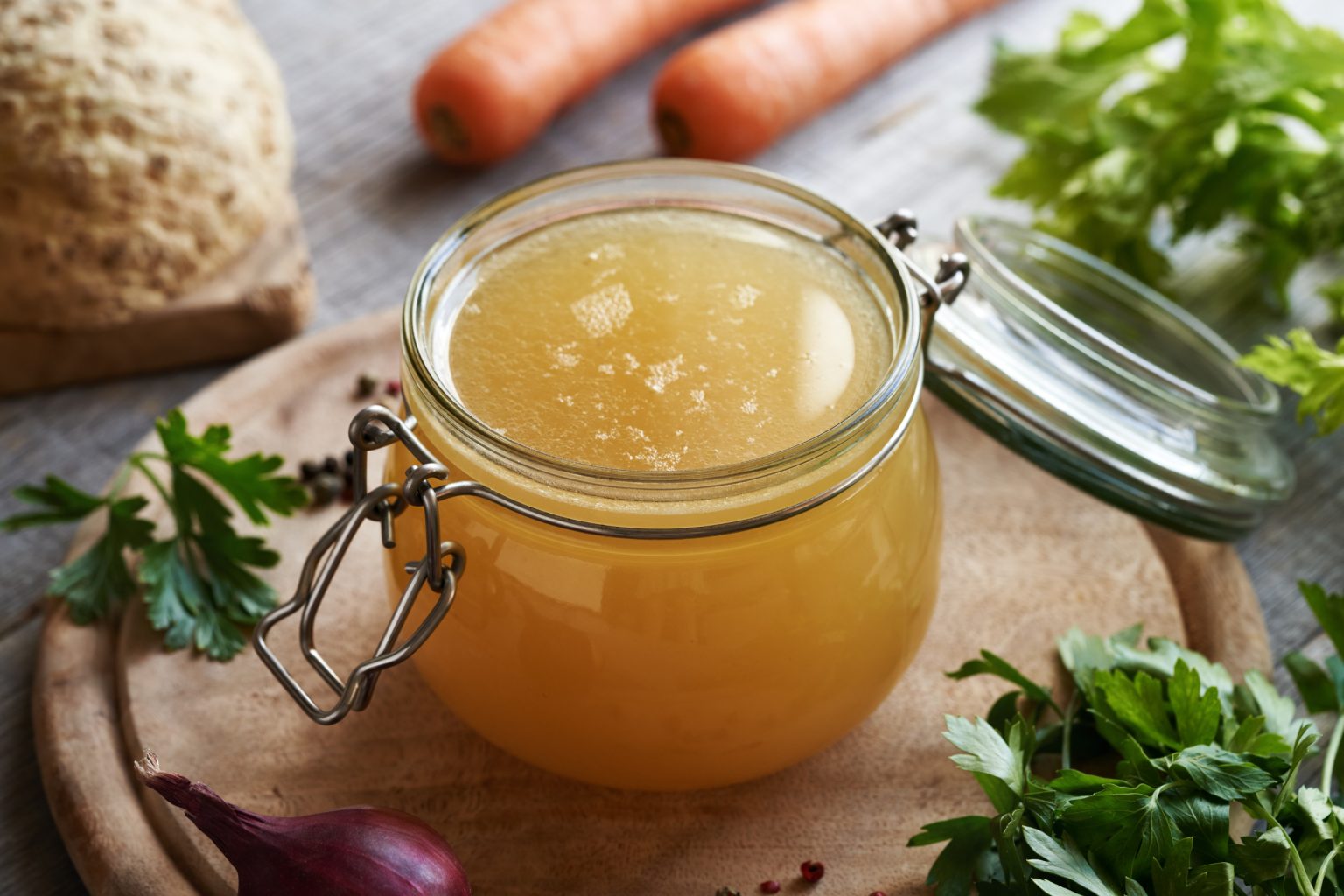A product recall initiated by TreeHouse Foods, Inc. on December 11, 2024, has targeted Great Value Chicken Broth sold exclusively at Walmart stores across nine southern U.S. states. The recall, classified as “Class II” by the Food and Drug Administration (FDA) on January 21, 2025, stems from potential packaging failures that could compromise the product’s sterility and lead to spoilage. While the FDA designates a Class II recall as presenting a remote probability of serious adverse health consequences, the potential for temporary or medically reversible health issues remains. The affected broth carries “best if used by” dates of March 25, 2026, and is identifiable by the lot code “98F09234” and specific product codes printed on the packaging. Consumers in Alabama, Arkansas, Georgia, Louisiana, Missouri, Mississippi, Oklahoma, Tennessee, and Texas are advised to check their purchased broth and discard or return any matching products.
The compromised packaging poses a risk of bacterial, yeast, and mold contamination, jeopardizing the broth’s quality and safety. While spoilage is sometimes evident through changes in appearance, taste, or texture, it can also occur undetected, presenting a hidden health hazard. Consuming spoiled food can lead to various illnesses, ranging from mild discomfort to more serious conditions depending on the type and extent of contamination. This incident underscores the importance of regular checks for product recalls and adherence to recommended food safety practices. Consumers should always inspect packaging for integrity and discard any products exhibiting signs of damage or spoilage.
This recall is not an isolated incident for TreeHouse Foods. In October 2024, the company recalled various gluten-free organic waffles marketed under the Nature’s Path brand due to potential Listeria monocytogenes contamination. This bacterium can cause severe or life-threatening infections, particularly in vulnerable populations such as pregnant women, newborns, the elderly, and individuals with weakened immune systems. The waffles were produced at TreeHouse Foods’ Brantford, Ontario facility, which underwent a hygienic restoration following the recall and has since resumed production. This earlier recall highlights the company’s recent challenges with maintaining product safety and underscores the need for ongoing vigilance in food processing and packaging.
The recurring nature of these recalls involving TreeHouse Foods raises concerns about the company’s quality control procedures and manufacturing practices. While the company has taken steps to address the issues in both cases, the repeated occurrences warrant further investigation and potential improvements in their safety protocols. Consumers rely on manufacturers to provide safe and wholesome products, and these incidents erode trust in the brand and necessitate a renewed commitment to quality assurance. Transparency and proactive communication with consumers are crucial in rebuilding confidence and ensuring the safety of their products.
This incident also highlights the broader issue of food safety within the supply chain. Maintaining the integrity of food products from production to consumption requires diligent oversight and adherence to strict safety standards at every stage. Packaging plays a critical role in preserving food quality and preventing contamination, and failures in this area can have significant consequences for consumer health. The FDA’s recall system serves as a vital mechanism for protecting consumers by promptly identifying and removing potentially hazardous products from the market. Continued vigilance and improvements in food safety practices are essential to minimize the risk of contamination and ensure the safety of the food supply.
Consumers are urged to remain informed about product recalls and promptly address any affected products they may have purchased. Reliable sources of information include the FDA’s website, company websites, and reputable news outlets. By staying informed and taking appropriate action, consumers can protect themselves and their families from potential health risks associated with contaminated food products. Vigilance in food safety practices, coupled with effective recall systems, is crucial for maintaining public health and ensuring the integrity of the food supply. This incident serves as a reminder of the shared responsibility between manufacturers, regulatory agencies, and consumers in safeguarding the food we eat.

